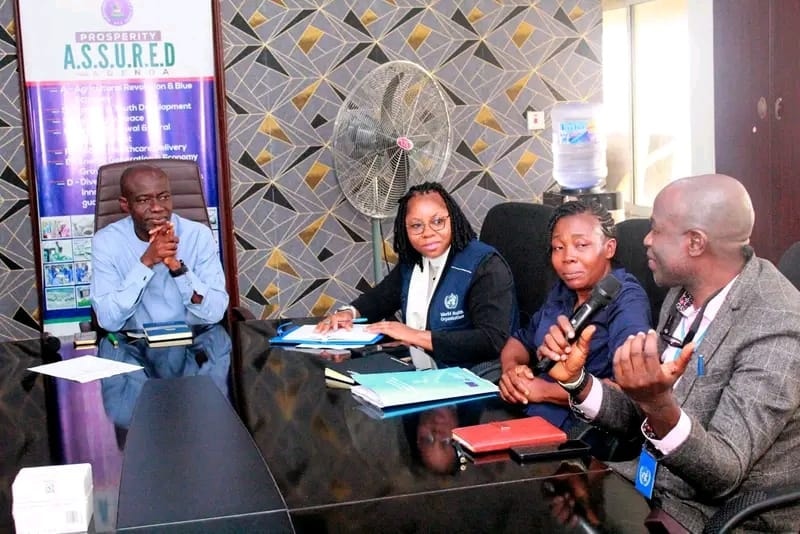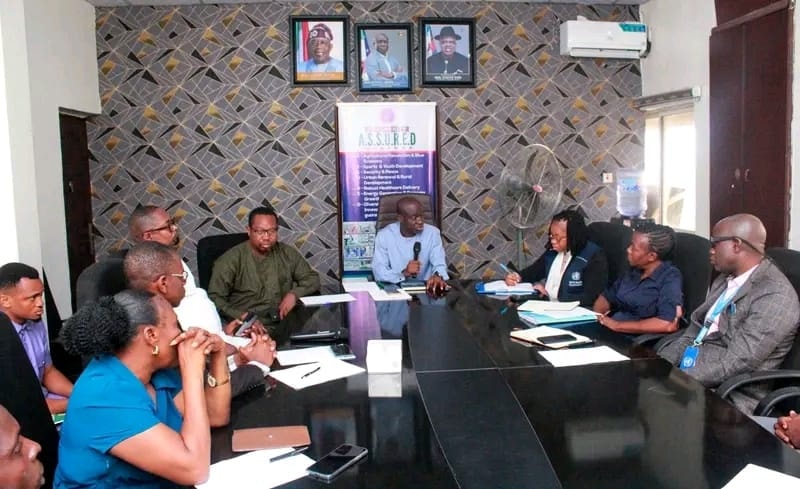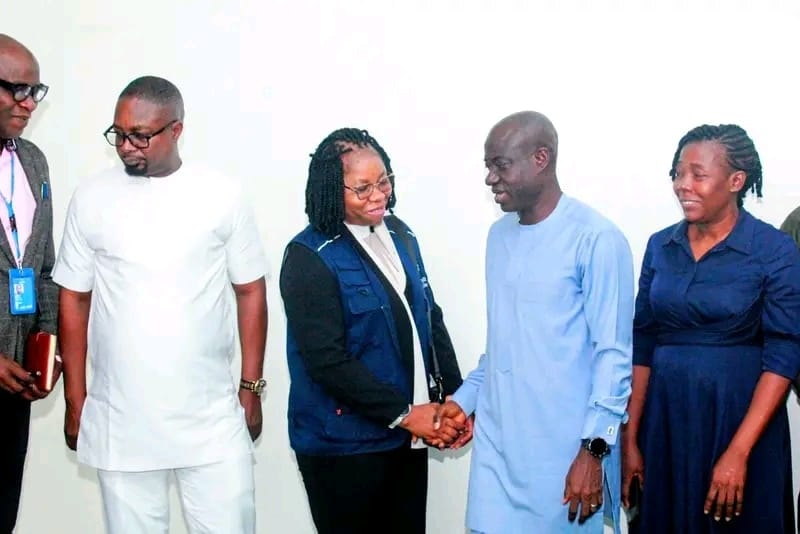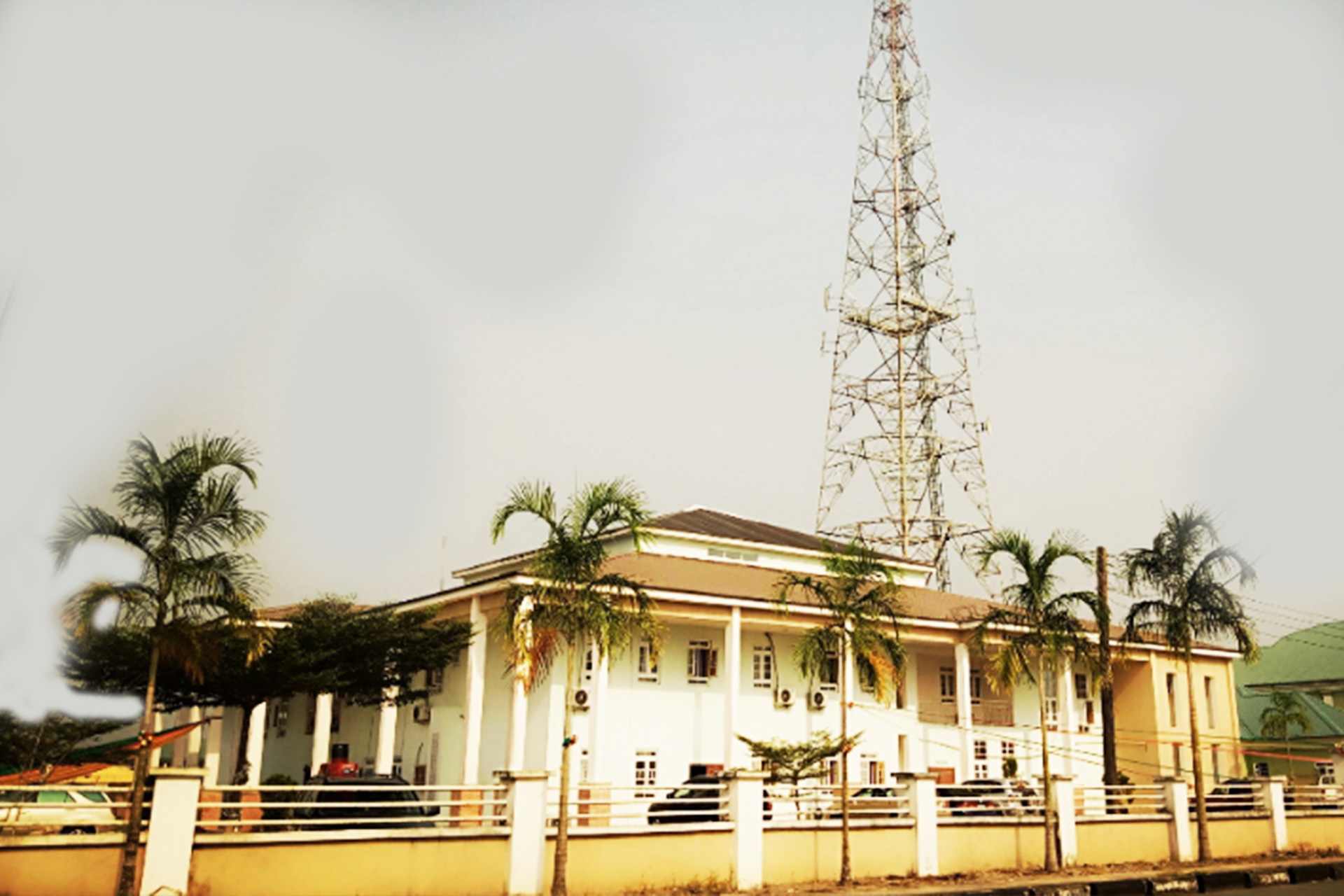Bayelsa State Commissioner for Health, Professor Seiyefa Brisibe received in audience officers from World Health Organization (WHO) in his office in Yenagoa.
The Officers include Ms Blessing Ekanem, a Medical Laboratory scientist and Technical Officer with WHO Nigeria, as well as other members of the State’s chapter of the World Health Organisation (WHO) led by Dr. Marcus Oluwadare.
Others include, the Task Force for Cholera Control (GTFCC) in WHO, in collaboration with the Nigerian Centre for Disease Control (NCDC), were in the state to conduct an on-site laboratory capacity assessment for cholera diagnosis.
While welcoming the team, Professor Brisibe noted;



“On behalf of the Ministry and the State, I reaffirm our commitments to building capacity not only for outbreak mitigation but also for strengthening our surveillance system to foster trust and confidence among international partners and community stakeholders,” the added.
The State Chief Health Officer was joined by the Permanent Secretary, the Ministry’s Directors and the State’s management team welcomed the visitors and appreciated WHO country technical officers for their visit to the State.
” We, as well commend the World Health Organization’s team for their exceptional efforts in building capacity and fostering remarkable collaboration, which has enabled the State to effectively manage public health emergencies.
The support of the WHO has been crucial in establishing resilient public health emergency system capable of maintaining digital services and quickly restoring operations after crises.
Blessing Ekanem and her team’s visit to Bayelsa State outlines collaborative effort by the Global Task Force for Cholera Control, WHO, and the Nigerian Center for Disease Control (NCDC), with the primary goal of conducting an on-site laboratory capacity assessment.
It will also assess and evaluate NCDC’s laboratory network in selected primary healthcare centers (PHCs) to determine their capacity for laboratory cholera surveillance which includes examining sample collection, Cholera diagnostic testing, culture identification, antimicrobial susceptibility testing (AST), and how laboratories connect with the state’s overall surveillance system.
Lastly I emphasize the importance of a strong governance and leadership structure to ensure a highly resilient public health emergency response system, and also want to note that the commitment is aimed to enable partners and communities to trust and collaborate in preventing deaths from public health emergencies, especially cholera as the Prosperity Government takes issues of public health emergencies, particularly cholera outbreaks, very seriously.
God bless Bayelsa State”, he concluded.






